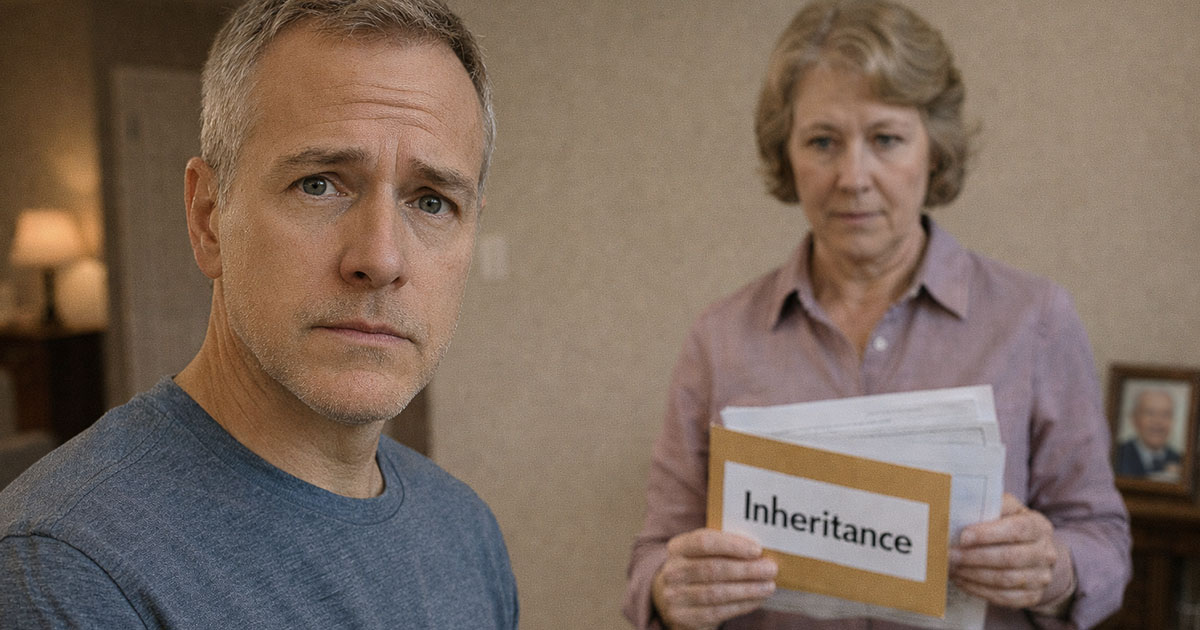At 67, working for a difficult boss while longing for retirement is tough. With $700,000 saved, you're far from broke, but with a large mortgage still hanging over your head, retirement might seem like a distant dream. The good news is, you have options. Retirement doesn’t have to be an all-or-nothing decision. With careful planning and strategic choices, you can leave the grind and still secure a comfortable future.
Assess Your Real Retirement Needs
Start by calculating exactly how much you need to live the retirement you envision. Many people overestimate what’s required. Track your monthly expenses, prioritize essentials, and factor in healthcare costs. You may discover that with Social Security benefits and your savings, your income gap is smaller than you feared.
Use The 4% Rule As A Guideline
A common rule of thumb suggests you can safely withdraw 4% annually from retirement savings without running out of money. On $700K, that’s about $28,000 per year, before taxes. Combined with Social Security, this could offer a reasonable income, especially if you own your home or have minimal debt.
Tackle The Mortgage Head-On
The biggest obstacle is your mortgage. You didn’t mention the balance or monthly payment, but if it's “hefty,” it could be eating up a large portion of your monthly budget. Consider refinancing into a lower interest rate if you qualify. Or explore selling your current home and downsizing into something more manageable—possibly even mortgage-free using some of your savings or equity.
Explore Reverse Mortgage Options
If selling your home isn’t ideal, a reverse mortgage might be worth exploring. For homeowners aged 62 and up, a reverse mortgage allows you to borrow against your home equity while still living in it. You don’t make payments; instead, the loan is repaid when you move out or pass away. It’s not for everyone, but it could free up much-needed cash flow.
Reevaluate Your Lifestyle Expectations
Look honestly at where you can adjust your lifestyle. Downsizing your home, relocating to a lower-cost area, or cutting discretionary spending can significantly extend your savings. Sometimes small changes—like reducing travel or dining expenses—can make retiring today far more feasible than it seems.
Maximize Your Social Security Strategy
If you haven’t already claimed Social Security, review your options. Waiting until age 70 increases your monthly benefit, but if it allows you to escape a miserable job sooner, starting now at 67 might make sense. A financial advisor can help determine the breakeven point and what strategy best fits your situation.
Consider Part-Time Or Flexible Work
Retirement doesn’t have to mean completely stopping work. Shifting to a part-time role, freelancing, or consulting in your field could provide supplemental income without the daily stress of your current job. Many retirees find that lighter, more enjoyable work bridges the financial gap and offers purpose without burnout.
Consult A Financial Advisor For A Retirement Plan
Before making any decisions, meet with a fiduciary financial advisor. They can run detailed projections based on your savings, Social Security, expenses, and life expectancy. A professional perspective may reveal that you're in a better position to retire than you believe—or suggest minor adjustments to make it possible.
Explore Bridge Health Insurance Options
If you're not yet fully covered by Medicare, ensure you account for healthcare costs. Look into supplemental policies or marketplace insurance if needed. Healthcare is often the biggest wildcard in retirement budgets, but with proper planning, it doesn’t have to derail your exit from work.
Don’t Let Fear Keep You In A Toxic Job
Staying in a job you hate out of fear can damage your mental and physical health. Stress, especially under a tyrannical boss, can lead to long-term health issues that cost more down the line. Sometimes preserving your well-being is the smartest financial decision you can make.
Negotiate A Graceful Exit Or Sabbatical
If possible, explore whether your employer offers early retirement packages, severance, or even unpaid sabbatical options. Companies sometimes prefer to ease out senior employees. This could provide a financial cushion while giving you time to transition into retirement or explore part-time opportunities without burning bridges.
You’re Closer To Freedom Than You Think
With $700K in savings, Social Security benefits, and the right strategy to reduce your housing burden, retirement is not out of reach. You may need to make some tough choices—downsizing, working part-time, or adjusting your lifestyle—but you absolutely have a path forward. This is your life. You deserve to spend it on your terms.
You May Also Like:
10 Brilliant And Fun Ways To Beef Up Your Retirement Bankroll
Your 2025 Retirement Checklist











